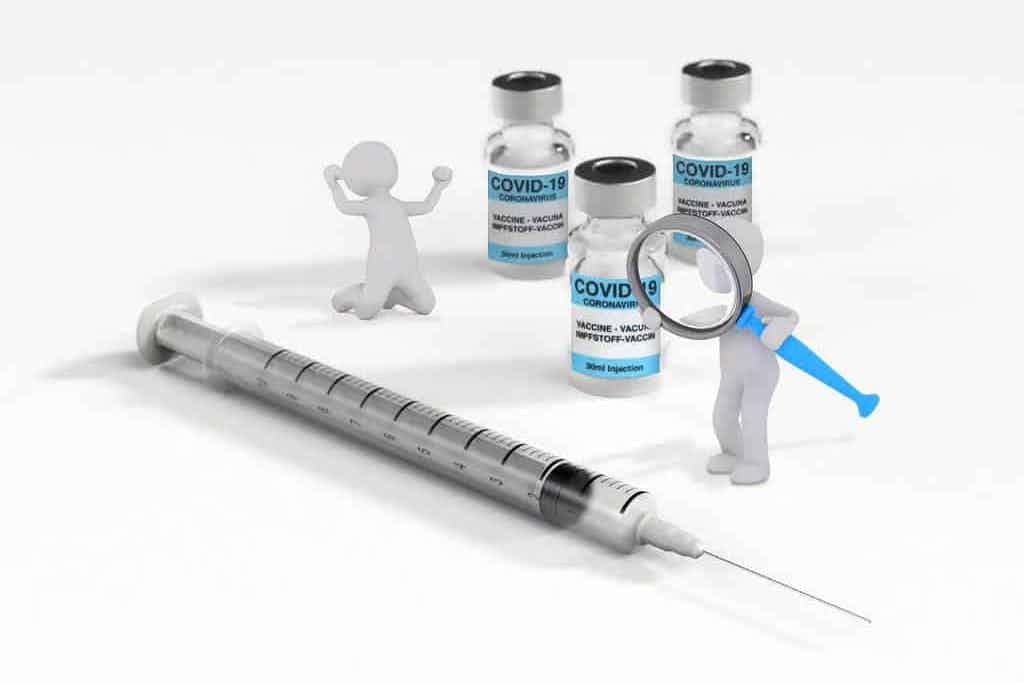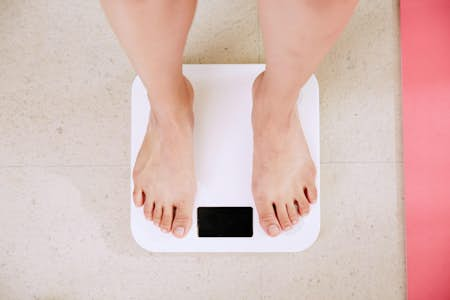The Pfizer-BioNTech vaccine was the first approved coronavirus vaccine in the UK. It was first given to residents on 8 December. The second approved vaccine by Oxford-AstraZeneca was rolled out on 4 January. So far, over a million people in the UK have reportedly received their first vaccines.
Which groups will receive the first vaccines?
The UK will vaccinate people based on a priority list. The most vulnerable will receive the vaccines first, and the roll-out will follow a list of nine high-priority groups. The groups are:
- Older care home residents and their carers
- 80-year olds and over, along with frontline health and social care workers
- 75-year olds and over
- 70-year olds and over and clinically extremely vulnerable individuals, including specific cancers and people having immunotherapy (for the full list see the NHS website)
- 65-year olds and over
- 16- to 64-year olds with serious underlying health conditions, such as chronic heart disease and diabetes
- 60-year olds and over
- 55-year olds and over
- 50-year olds and over
These groups represent those at the highest risk of dying from Covid-19. After priority groups are vaccinated, the second phase will start. The second phase will focus on the rest of the population, mainly those under-50. There may be new priorities for the second phase, but these haven't yet been decided. For instance, military personnel and teachers could be among those who'll receive the vaccination as a priority during the second phase.
In announcing the latest lockdown, Prime Minister Boris Johnson said the target was for the top four priority groups to have received their first vaccine dose by the middle of February. Vaccination of these groups is seen as the most vital step towards the lifting of the latest lockdown.
You might belong to more than one of the groups listed above. In these instances, you’re likely to receive the vaccine along with your higher-priority group. For example, if you are 56 years old but you are clinically extremely vulnerable, you'd receive vaccination with the fourth priority group rather than group eight.
When are the priority groups vaccinated?
The vaccination process is expected to last several months. On top of the Prime Ministers mid-February target, the official aim is to have the first phase concluded by Easter. It would mean the government could lift many restrictions around the summer. However, the National Audit Office (NAO) has said less than half of the UK could be vaccinated in 2021. That would mean life is unlikely to get back to normal until 2022.
You can check your priority and estimated vaccination times at omnicalculator.com.
Where and how will you be vaccinated?
You will be asked to book an appointment to receive the vaccination when it’s your turn. The invitations are most likely done by phone or letter.
Vaccinations will take place:
- In hospitals for NHS staff, care staff and older patients
- In GP surgeries for the elderly
- In care homes to both residents and care workers
- In sports stadiums and conference centres for the wider population
Everyone will receive a single dose first. Both vaccines require two doses and the plan is to give the second vaccination within 12 weeks of the first.
Are there enough vaccines for everybody?
The UK has ordered 100 million doses of the Oxford-AstraZeneca vaccine and 30 million of the Pfizer vaccine. But in total, it has placed an order for seven different types of vaccines. These will be shared out among the four home nations after they receive the required quality checks. The government will receive enough vaccines to vaccinate every adult with two doses.
Do you have to be vaccinated?
The Covid-19 vaccine is not mandatory in the UK. The aim is to have as many over-16s vaccinated as possible, but it won't be compulsory.
If you have known allergies to ingredients in the vaccines, then you won’t receive the vaccine. You can discuss your concerns with your GP when you are asked to book an appointment.






